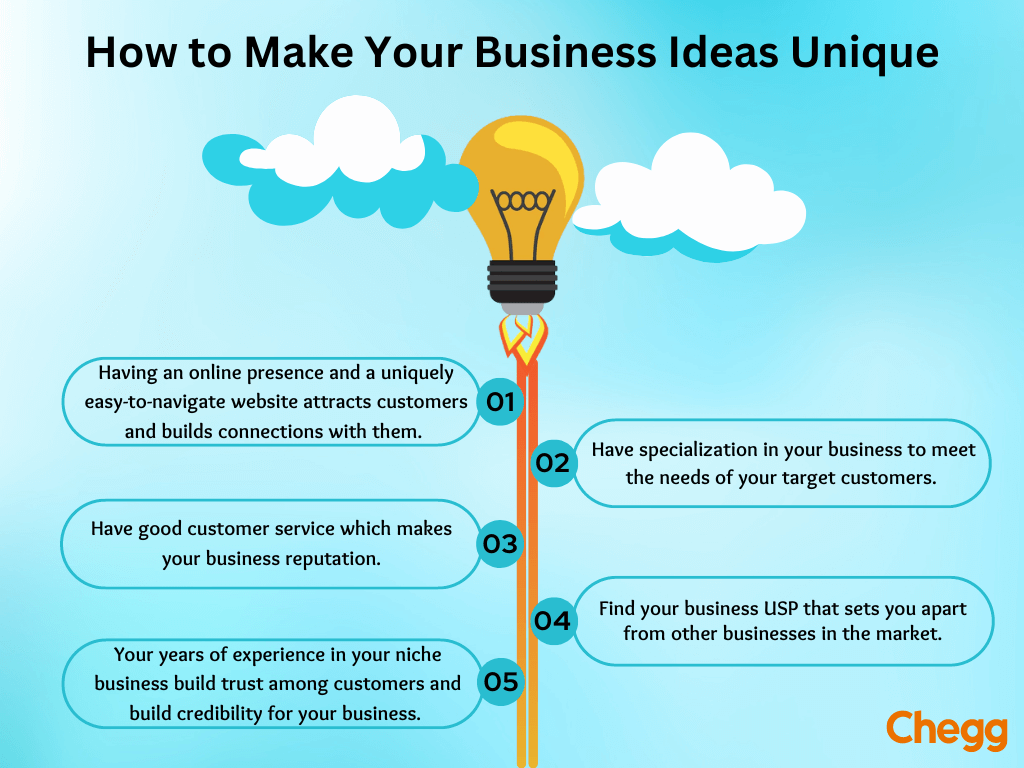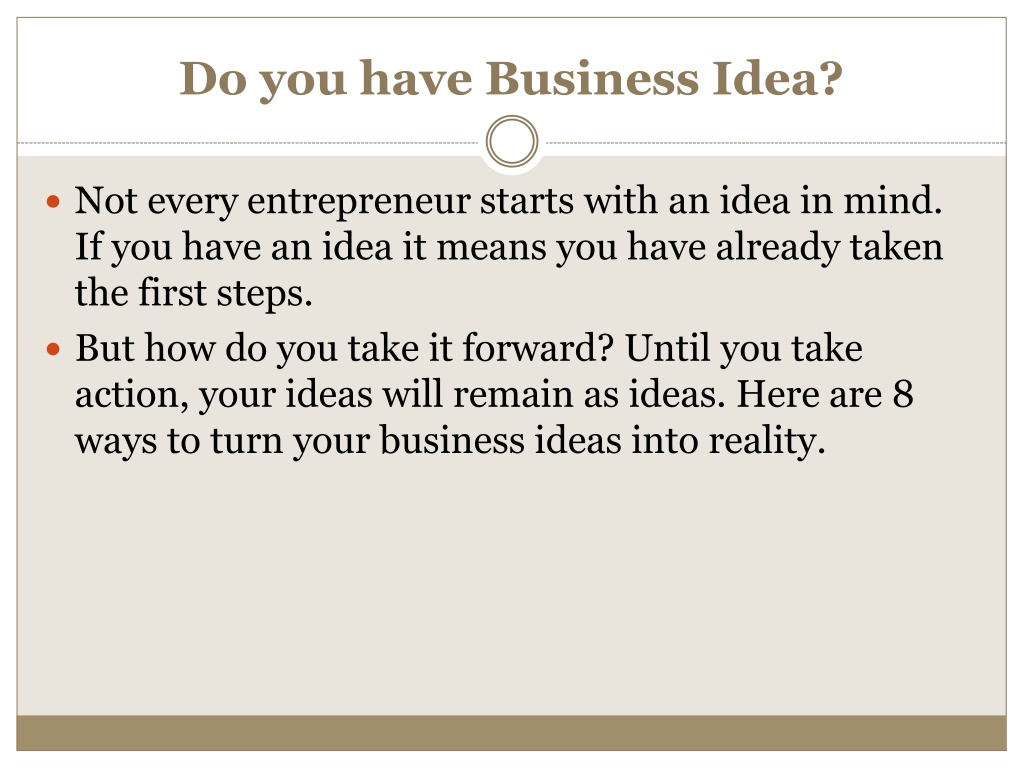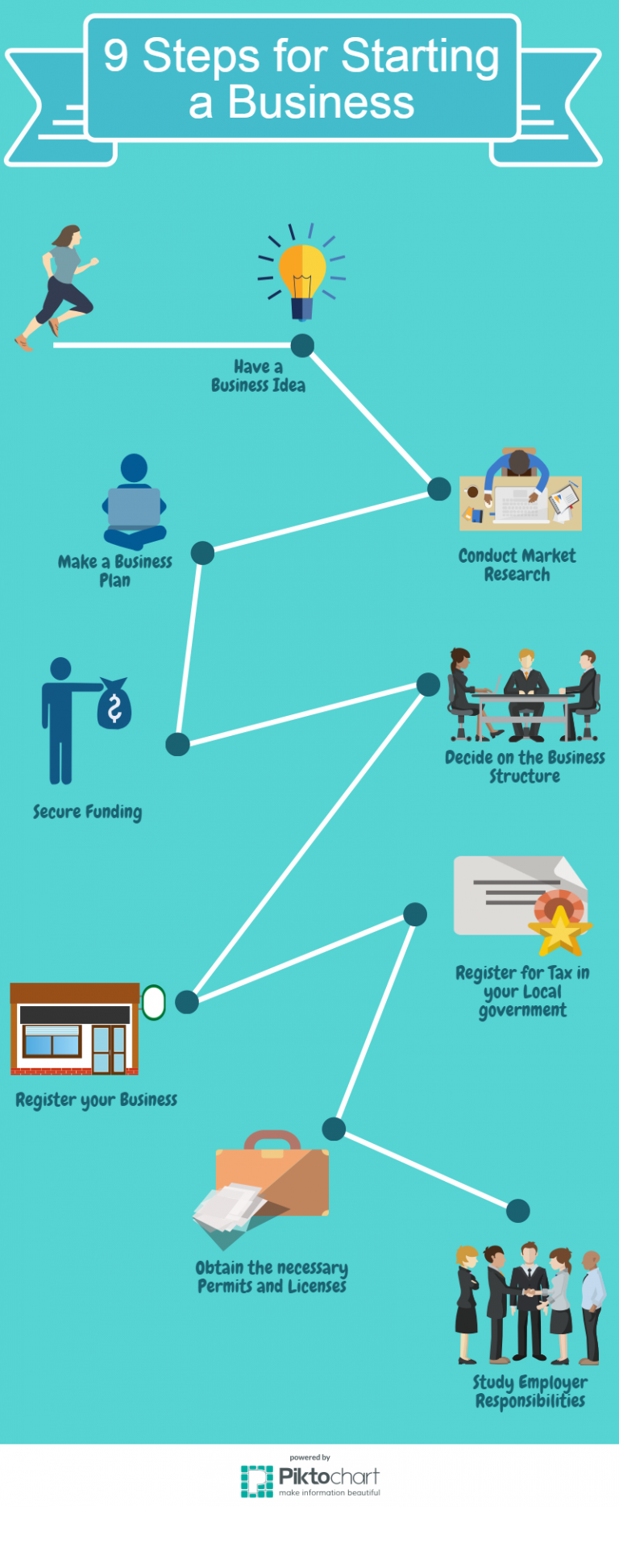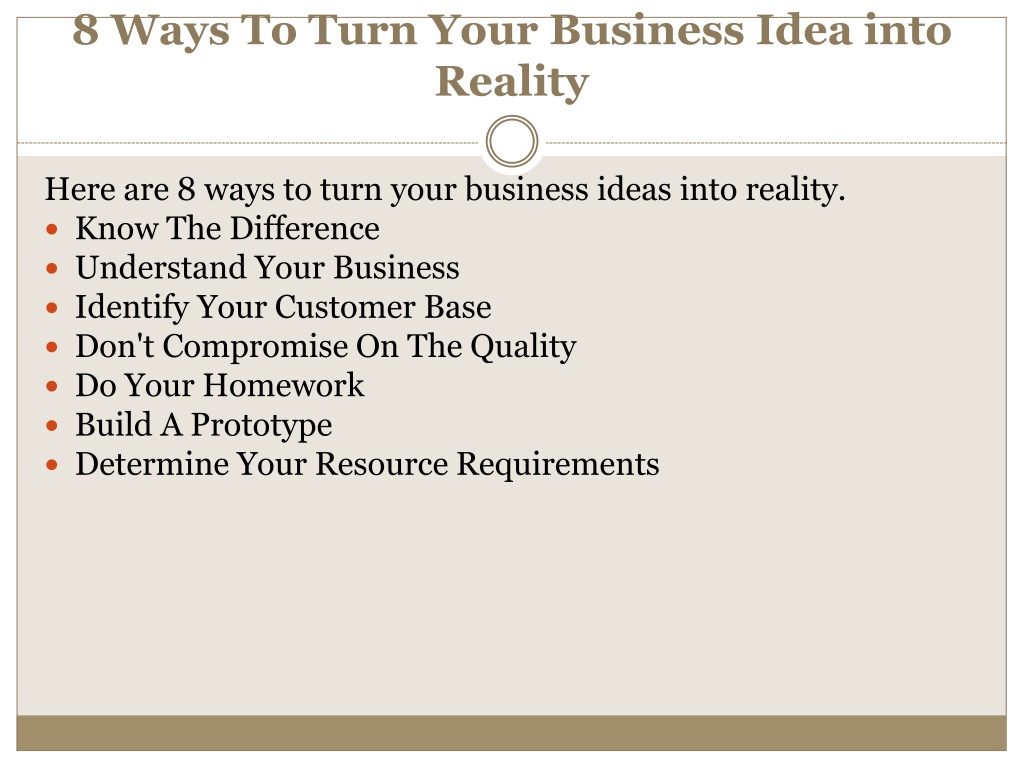What To Do If You Have A Business Idea

In the ever-churning engine of innovation, a brilliant business idea can feel like striking gold. But the journey from initial spark to thriving enterprise is paved with challenges, requiring careful planning, relentless execution, and a healthy dose of resilience. The graveyard of failed startups is littered with promising concepts that withered due to lack of preparation and strategic missteps.
This article serves as a practical guide for aspiring entrepreneurs, outlining the essential steps to take when a business idea takes root. It delves into the crucial phases of validation, planning, and execution, offering actionable advice to transform an idea into a viable and sustainable business.
Validating Your Idea: Does it Solve a Real Problem?
The first, and arguably most crucial step, is validating your idea. Avoid the temptation to immediately invest significant resources. Instead, focus on confirming that your solution addresses a genuine need in the market.
Begin with market research. Identify your target audience and understand their pain points. This often involves surveys, interviews, and analyzing existing market data.
The U.S. Small Business Administration (SBA) offers resources and guidance for conducting thorough market research, emphasizing the importance of understanding your competitive landscape and potential customer base.
Minimum Viable Product (MVP) development is another powerful validation tool. An MVP is a basic version of your product or service with just enough features to attract early adopters and validate your core value proposition.
Gather feedback from these early users and iterate based on their experiences. This iterative approach helps refine your product and ensure it aligns with customer needs.
Crafting a Business Plan: The Roadmap to Success
Once your idea has been validated, a comprehensive business plan is essential. This document serves as a roadmap, outlining your business goals, strategies, and financial projections.
A well-structured business plan typically includes an executive summary, company description, market analysis, competitive analysis, management team overview, and financial projections.
SCORE, a non-profit organization affiliated with the SBA, provides free mentoring and resources to help entrepreneurs develop effective business plans. They stress the importance of realistic financial forecasting and a clear understanding of your target market.
Consider your funding options at this stage. Will you seek venture capital, angel investors, or rely on bootstrapping? Each option has its own set of advantages and disadvantages.
The business plan should clearly articulate your funding needs and how you intend to use the capital.
"A business plan is a living document that should be regularly reviewed and updated to reflect changing market conditions and business performance,"advises Neil Patel, a renowned marketing expert.
Building Your Team: Strength in Numbers
Surrounding yourself with a talented and dedicated team is critical for success. Identify individuals with complementary skills and a shared passion for your vision.
Consider the roles you need to fill, such as marketing, sales, operations, and technology. Don't underestimate the importance of finding individuals who are not only skilled but also share your company values.
Equity can be a powerful tool for attracting top talent, particularly in the early stages of a startup. Offering a stake in the company can incentivize employees to work harder and contribute to the long-term success of the business.
However, be mindful of the dilution of ownership. Carefully consider the terms of any equity agreements and seek legal advice to ensure fairness and transparency.
Navigating the Legal Landscape: Protecting Your Interests
Understanding the legal requirements for starting and operating a business is crucial. This includes registering your business, obtaining the necessary licenses and permits, and complying with relevant regulations.
Consult with an attorney to determine the appropriate legal structure for your business (e.g., sole proprietorship, LLC, corporation). Each structure has different implications for liability and taxation.
Protect your intellectual property by filing for patents, trademarks, and copyrights. This can prevent competitors from copying your ideas and help you build a strong brand.
The United States Patent and Trademark Office (USPTO) provides resources and guidance on intellectual property protection. Ignoring these crucial steps can leave your business vulnerable to legal challenges.
Embrace Continuous Learning and Adaptation
The entrepreneurial journey is a marathon, not a sprint. Be prepared to adapt to changing market conditions and learn from your mistakes.
Stay informed about industry trends and emerging technologies. Continuously seek feedback from customers and iterate on your product or service.
Attend industry conferences, network with other entrepreneurs, and seek mentorship from experienced business leaders. A willingness to learn and adapt is essential for long-term success.
Starting a business is a challenging but rewarding endeavor. By following these steps, aspiring entrepreneurs can increase their chances of turning their business idea into a thriving enterprise. Remember that resilience and perseverance are key to navigating the inevitable obstacles along the way.


















